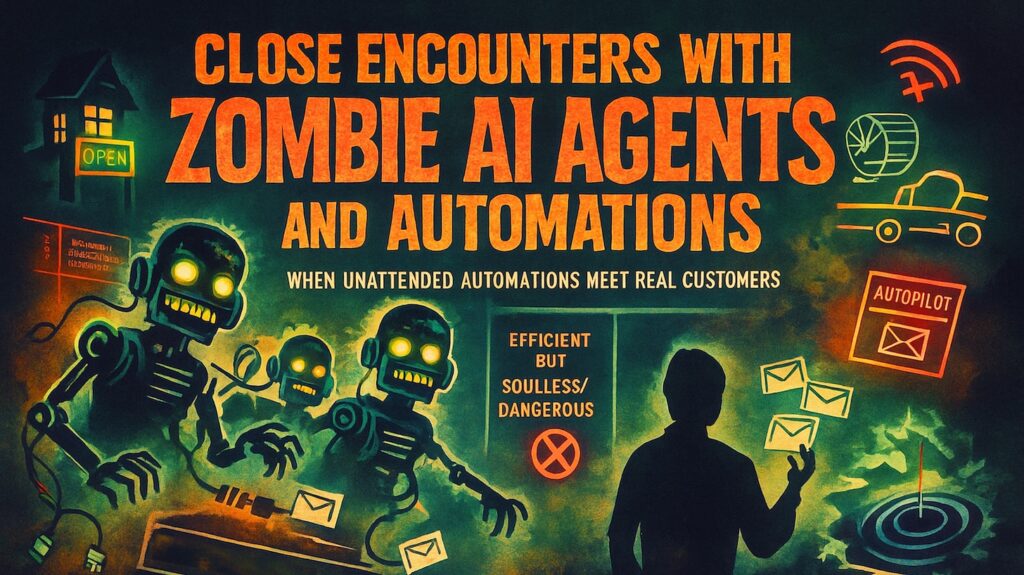Gartner recently released its report on IT predictions for 2012. The subhead of their press release boldly calls out their most stunning conclusion: predictions show IT budgets are moving out of the control of IT departments.
Garner predicts that by 2015, 35% of enterprise IT expenditures will be managed outside of the IT department’s budget. Let that sink in for a moment.
“The continued trend toward consumerization and cloud computing highlight the movement of certain former IT responsibilities into the hands of others,” said Daryl Plummer, managing VP and Gartner fellow. “As users take more control of the devices they will use, business managers are taking more control of the budgets IT organizations have watched shift over the last few years.”
The Gartner announcement includes this brief analysis with their prediction (emphasis is mine):
Next generation digital enterprises are being driven by a new wave of business managers and individual employees who no longer need technology to be contextualized for them by an IT department. These people are demanding control over the IT expenditure required to evolve the organization within the confines of their roles and responsibilities. CIOs will see some of their current budget simply reallocated to other areas of the business. In other cases, IT projects will be redefined as business projects with line-of-business managers in control.
This proclamation has naturally stirred up much commentary in the IT community — great articles on Wired (2012 Will Be the Year of Apocalyptic Reckoning for CIOs) and ZDNet (Line-of-business tech budgets may soon top IT department budgets) — focused on how the IT department can evolve to become more of a broker of services and a coordinator of distributed activities. “The IT organization of the future must coordinate those who have the money, those who deliver the services, those who secure the data, and those consumers who demand to set their own pace for use of IT,” said Plummer.
Big changes for IT and CIOs ahead. But consider the other side of this equation — where the money and responsibility are migrating to. As Plummer remarked in an accompanying audio interview, “CMOs, or chief marketing officers, may end up having larger IT budgets than CIOs.“
Every CMO should be asking themselves if they’re ready to inherit this mantle of marketing IT leadership.
A good place to start would be examining Forrester’s recommendation from earlier this year to establish an office of marketing technology. And if you don’t already have a good intuition for the staff who will make up this new technology-in-marketing function, here’s a write-up on the marketing technologist revolution (and a video presentation of it as well).




What is IT today? One of my IT guys has a chart on his wall explaining the different IT types, hardware, programing, user… I am pretty sure that at one point not so long ago that simply being able to use a computer would have labeled you as techie. Bulwark is a pest control company, but we develop a lot of software.
Hi Scott, we talked a couple of weeks ago. eBank Communications is the perfect case study of what you’re describing. I’m explaining to financial institutions that by using our cloud services they not only reduce their operating budget but also extend their reach and strengthen their marketing effectiveness.
We should discuss to see how eBank Communications and Ion can partner…
Great posts on this topic, Scott. I have spent the bulk of my 20+ year career in “technical marketing” groups and functions, driving the systems behind the marketing campaigns, running PM/analyst teams, and translating the technical jargon into the business value. I think most organizations will get the most bang for their buck from investing in business analysts, many of which come with a technical background. As the traditional role of IT shifts from maintaining servers to providing productivity solutions, the role of the BA will become increasingly important.
Scott, You are so right. But we have evidence that technology skills are not yet high on the list for marketers. ITSMA just completed its 2012 Marketing Budgets and Trends Survey. Of the 45 leading technology services and consulting organizations that responded, only 24% identified “marketing technology” as one of the marketing skills they believe are essential to their organization’s future success.
These are the top skills they identified:
Strategic planning (61%)
Market intelligence/competitive intelligence (59%)
Social media participation/management (51%)
Relationship building (44%)
+1 marketing become more technology driven every day!
This is a brilliant article and I couldn’t agree more. At IntelligenceBank.com – we see that CMO’s want MRM solutions and automation software, however, as it is not a part of their immediate budget (as it currently lies in IT) – projects get delayed. This picture of the future will not only be more efficient, but I also think it will ultimately serve consumers well – as marketers will have ‘the latest and greatest tools’ to understand customer insights and engage with their customers. Thanks for posting. Tessa Court, CEO IntelligenceBank.